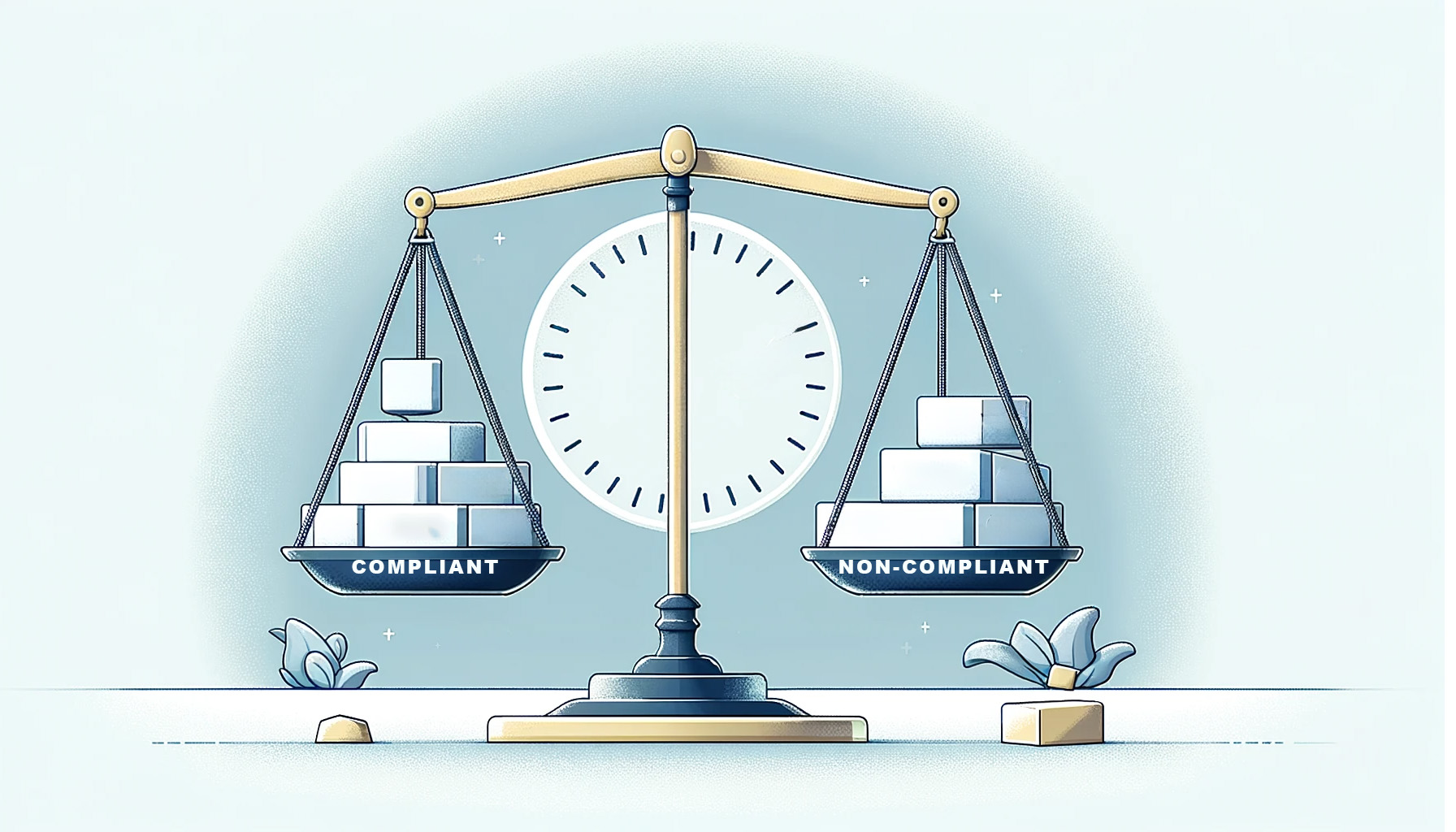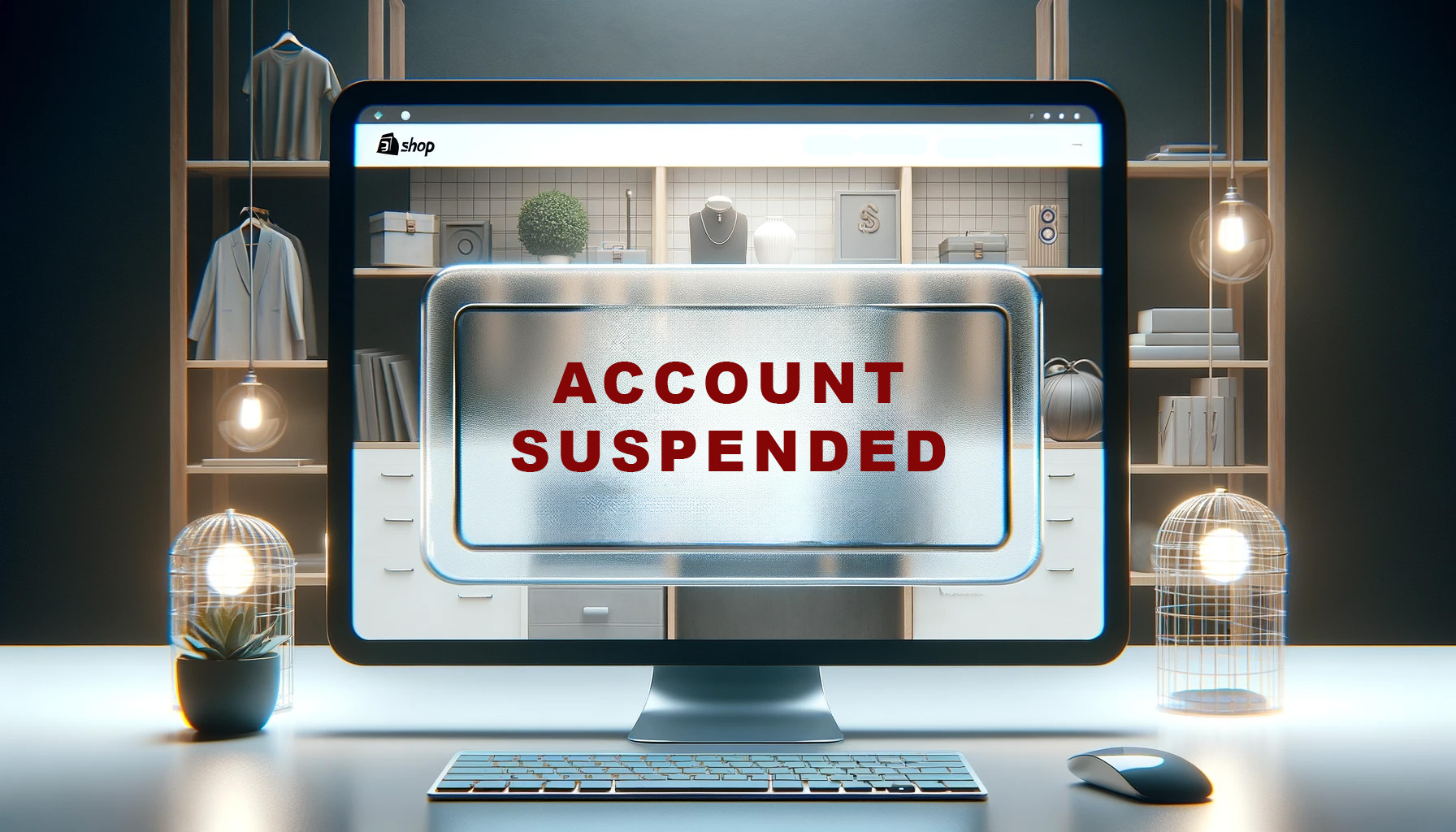
6 Things to AVOID When Recession-Proofing Your Business
Aug 3, 2022 2 minute Read
The US economy is always changing. One day you’re doing great, the next day you’re struggling to stay afloat. It’s a fact of life and something every small business owner must contend with at some point in their career.
But there are ways to keep your business thriving even in tough times—and it all starts with recession-proofing your business.
We’ve given you 8 things you should do to protect your business in this time. Now we’re giving you 6 more things you should avoid doing to keep you business alive. Because we all like to run to the bank and ask for business loans when we think the well is running dry. But there’s always something we can do on the backend first.
This post is in conjunction with our podcast. Listen to it on the go via Spotify or Apple Podcasts, or watch along on YouTube.
1. Don’t Let Up on Your Ad Spend
When the economy is good, it’s easy to get lulled into a false sense of security. You think that because your business is doing well, you can cut back on your advertising spend. But this is a big mistake.
In an economic downturn where cash reserves are low and people are making less money than usual, they’re going to be more price sensitive when shopping for goods and services—and that means advertising will become even more important than ever before.
It’s true that recession means less spending for companies, too, not just consumers. But the ones that win are the ones that keep advertising going. Over the next year, you need to keep your name out there and provide a sense of security for potential customers. If they think you’re brand is doing well, they’ll buy from you.
During the Great Depression, Ford increased its ad spend. Look at them now! If it worked out for Ford, it can work out for you. Other top businesses used this strategy during the Great Recession in the early 2000’s, and they’re thriving today. That just shows these do’s and don’ts will work for this recession, the next recession, and any others that come along.
Today, it’s easy to advertise. Start with social media advertising and work your way from there.
2. Don’t Stop Focusing on Your Current Customers
You can stay ahead of the curve by getting your current customer base to spend more.
By providing them with quality products and service, you can build loyalty. When times are tough, people will be looking for ways to save money. If they feel like they’re getting a great deal on something they love anyway, they’ll be more likely to come back when things get better (or even just stay put).
That doesn’t mean you shouldn’t welcome any new customers. But your current customers are your bread and butter. They’re the ones keeping your business alive. So one of the best recession-proof business strategies is to focus on current customers and reach deeper into their pockets.
Your current customers is a steady revenue stream. You don’t want to push contributors away because you’re looking for more. When recession hits, these loyal customers are what you want to hold closer than ever.
3. Don’t Leave Abandoned Carts in the Dust
Cart abandonment is a common problem in e-commerce. It happens when customers place an order, then leave their shopping cart without completing their purchase.
You can nurture these abandoned shoppers by sending them a follow-up email with an offer for free shipping or a discount code. This will encourage them to come back and finish checking out.
Now, you’re probably asking, “but how do I get their email?” Good news: there are SaaS platforms you can integrate into your site for that. They gather information from your visitor’s device (legally and privacy-compliant), get the email address, and automatically send an email saying, “hey, you left your cart!”
From there, you can send a coupon, a free shipping offer, or an installment plans (e.g., financing options; lines of credit) to ease the stress on their bank account.
Amending abandoned cart issues will lead you to an increase in cash flow and should be part of any business plan, in or out of a recession.
4. Don’t Ignore Bank Decline Messages
If your customers try to check out with their credit cards, but their bank declines the charge, don’t ignore it! This is a common problem for e-commerce sites and you can recover about 30% of these lost sales by following up.
Send an email saying, “we noticed that there was a problem processing your order” and include an offer for free shipping or another discount code.
These declines don’t only happen due to insufficient funds. Adjust the email you send out depending on what that message says.
For example, some banks decline transactions they deem too risky for their customer. That usually happens during a recession with typically high-risk merchants. The bank thinks your service/product is too frivolous for their client and blocks it on their behalf. So you can send a message saying, “hey, your bank needs you to confirm the purchase. Give them a call and your order will be shipped ASAP!”
5. Don’t Make Checking Out a Chore
Use security measures like frictionless 3D Secure instead.
The problem with security is that it’s often a drag. You have to enter a password, answer a question, confirm your purchase and then wait for the page to reload. Then you do it all over again on another site. This process makes checkout feel like an exercise in tedium rather than convenience.
Luckily, there are many measures you can take to make checking out a breeze. Frictionless 3D Secure is payment security technology that uses biometrics to verify the identity of your customer before they make a purchase. This eliminates the need for entering a password or card information every time they buy something online.
Frictionless security measures benefit you more than the customer in the end. Recession-proofing your small business means ramping up to fight off even more chargebacks. With frictionless 3D Secure, a digital fingerprint of your customer’s device is recorded. If they decide to chargeback their purchase, you can present your data and stop it in its tracks.
6. Don’t Overspend on Customer Service
We’re not saying you should downgrade your current customer service setup or ignore customer issues. In fact, it’s the contrary.
Set up more self-service options to take care of customer service needs. This will free up your support staff to deal with the more complicated issues that only they can handle. It’s a win-win situation. Your customers will appreciate having access to self-serve options, and you’ll be able to focus on providing them with better service overall.
Customers actually prefer self-service, anyway.
This is especially true if you offer subscriptions. Make it easy for your customers to cancel their subscriptions or pause them. Having to call, wait on hold, speak to a representative who tries their hardest to encourage them to not cancel—it can be too much to bear. That leads to chargebacks, which is worse than a canceled subscription!
There You Have It: 6 Easy Things to AVOID Doing While Recession-Proofing Your Business
If you’re looking for ways to avoid the mistakes that can tank your business, and how to make sure you’re recession-proofing it properly, then these six things are a great place to start. When you’re ready to take your business from good to great, check out the rest of our blog posts for more information.
As a merchant account provider, we must tell you that securing your payments setup is one of the absolute best ways to stay afloat during hard economic times. Customers only trust your business as much as they trust the payment system you use.
If it’s riddled with errors, constant declines, or an ugly checkout page, you can kiss your customers goodbye—and your business.




